Getting Better at Math: Realistic Tips and Suggestions
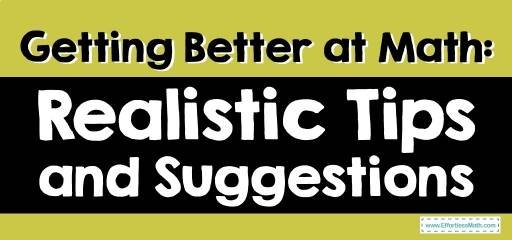
It does not matter what academic level you are on – math can cause you numerous problems both in high school and in college, especially if you do not have the necessary aptitude for this discipline.
Many students find mathematics to be one of the most difficult, time-consuming, and confusing subjects they have to deal with throughout their academic careers.
However, there is nothing particularly frightening about it if you approach it reasonably and know what to expect. Even if currently you cannot make heads or tails of your math assignments, this situation can be rectified – and we are here to help you out. So what can you do to get better at math? Here are some things to consider:
Do All the Homework and More
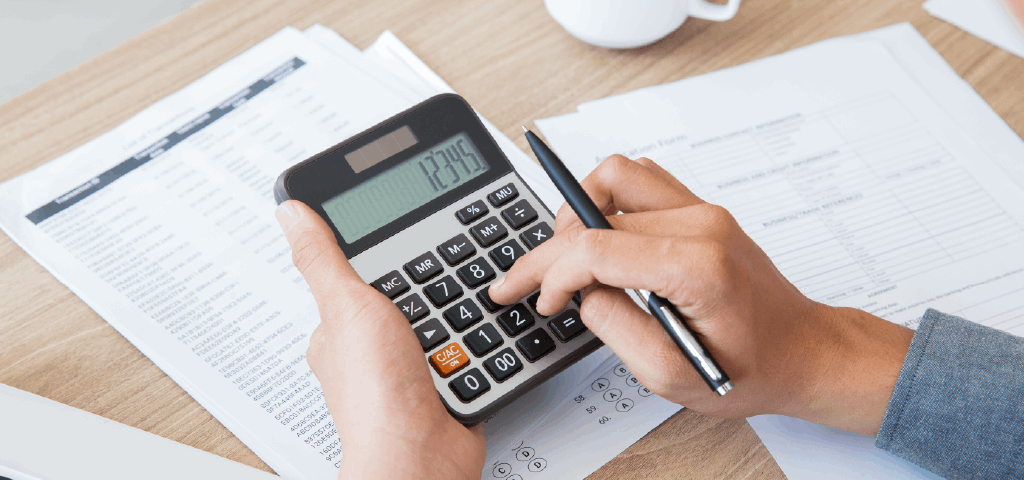
Whenever you receive an assignment from your teacher or professor, make sure you do it. Apply every effort, spend extra time on it, look for additional information online, and hire math homework help to explain things to you, but do it.
Even if you have homework experts do some stuff for you, study their work carefully to understand how they did it so that you can repeat it later on.
Homework is probably the most important aspect of studying mathematics because you practice what you learned in class without help from the outside.
Do not Skip Classes

Be it in high school or college, mathematics classes always move forward fast, as they have to cover a lot of ground within the confines of a course. This means that even a single missed class can mean that you get behind. Make it a few missed classes, and you will hopelessly lose track of what your peers are doing.
Topics in mathematics do not exist in isolation – each class creates a foundation for the concepts and ideas used later on. You cannot drop in and drop out at will – you have to follow the topics in succession.
Find a Study Buddy or a Study Group
Even if you are naturally good at math (which you are probably not, as you are reading this article in the first place), you will not always be able to do everything by yourself.
Sometimes you will miss classes despite your best efforts to do the opposite. Sometimes you will fail to understand a new topic.
Sometimes you will have trouble solving a problem no matter how hard you try. Having a study buddy who always makes regular notes to share with you if you happen to miss a class or a group of peers who are reasonably good at math to explain the more difficult parts to you, can be priceless.
If You Need Help, Get It Fast

If you see you cannot complete an assignment received from the teacher or experience any other sort of difficulty, do not downplay its importance and look for help immediately.
If you do not understand something in mathematics, it is very easy to get locked in a downward spiral: you do not understand something, you need it to understand the next topic, you fail to complete the relevant tasks, and with every passing day, you understand less and less. Do not let this happen to you – when in trouble, first try to get through the obstacle on your own, then look for qualified help, such as an online academic assistance service.
If You Have a Question, Ask It
If you do not understand something, do not feel ashamed about it. Naturally, you do not grasp everything from the get-go – so, if you come up with a question to ask your teacher or professor, do not hesitate to do so.
It will benefit you in two ways: firstly, it will help you get to the bottom of the topic you currently study. Secondly, it is likely to get you into your teacher’s/professor’s good books – they tend to like it when students ask intelligent questions about their discipline.
Analyze Your Mistakes

When the teacher or professor corrects your mistake, it is not enough to accept it and go on with your work. You have to treat your mistakes as useful learning experiences.
You do not make them randomly – they come as a result of your misunderstanding something or using a rule incorrectly, or not having certain skills at a necessary level. Whatever the reason is, you have to work on it.
Pay close attention to every mistake you make. Try to understand why you made it. Solve several problems utilizing the same rules to make sure you fully grasped them before proceeding. Ask somebody with a better understanding of math to explain the finer points to you. In other words, put deliberate effort into improving your knowledge of this particular rule.
Practice, Practice, Practice

It is not enough to understand the theory, and in mathematics, it is especially true. You may understand a rule; you may even apply it when you need it. But take a break from using it for a couple of weeks, and you will be stumped by a problem that expects you to use this particular approach to its solution. There is, unfortunately, only one way out – practice, and practice a lot.
Getting better at math is not limited to just studying more and putting more effort into the process. You will not achieve much by simply putting more hours into the process – you have to study smarter, not harder. Use our tips, and you will certainly see the difference soon.
Related to This Article
More math articles
- The Ultimate 7th Grade CMAS Math Course (+FREE Worksheets)
- World Problems Involving Fractions of a Group
- 3rd Grade Wisconsin Forward Math Worksheets: FREE & Printable
- CBEST Math Practice Test Questions
- How Is the CBEST Test Scored?
- Solving Percentage Word Problems
- How to Identify One-by-One Functions from the Graph
- Central Limit Theorem and Standard Error
- How to Decode Decimals: Unveiling the Value of Each Digit
- How to Find Complementary and Supplementary Angles? (+FREE Worksheet!)


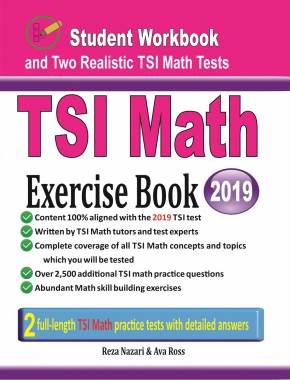

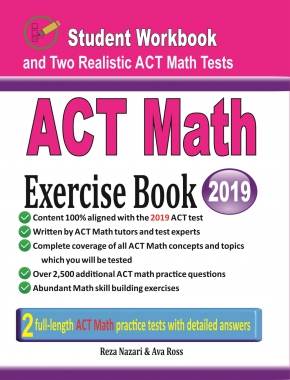

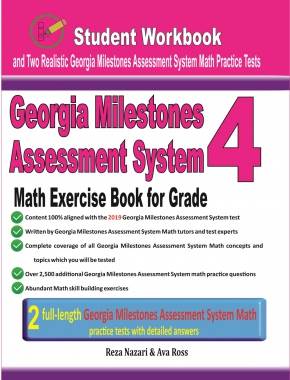

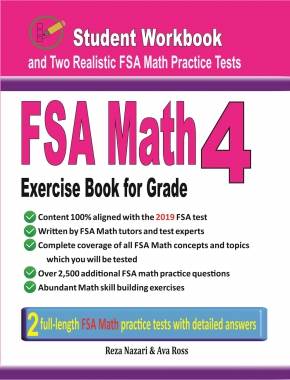
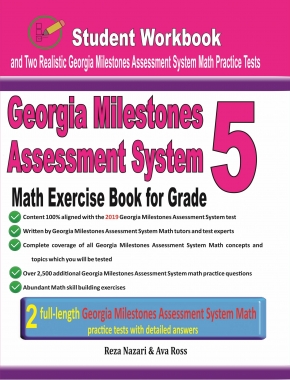
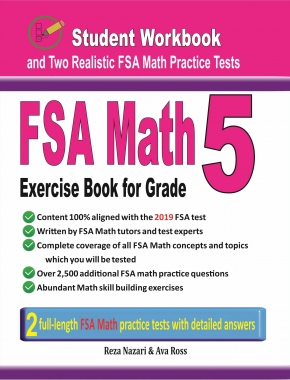
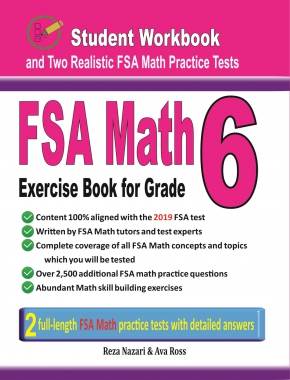








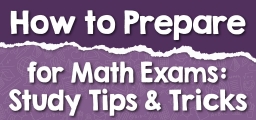





What people say about "Getting Better at Math: Realistic Tips and Suggestions - Effortless Math: We Help Students Learn to LOVE Mathematics"?
No one replied yet.